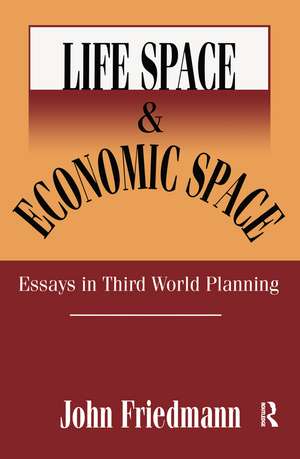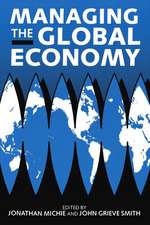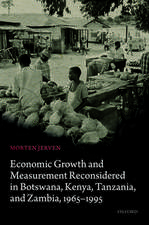Life Space and Economic Space: Third World Planning in Perspective
Autor John Friedmannen Limba Engleză Paperback – 30 iun 2002
Preț: 191.91 lei
Preț vechi: 231.53 lei
-17% Nou
Puncte Express: 288
Preț estimativ în valută:
36.73€ • 38.15$ • 30.51£
36.73€ • 38.15$ • 30.51£
Carte tipărită la comandă
Livrare economică 04-18 februarie 25
Preluare comenzi: 021 569.72.76
Specificații
ISBN-13: 9780765809421
ISBN-10: 0765809427
Pagini: 316
Dimensiuni: 152 x 229 x 23 mm
Greutate: 0.52 kg
Ediția:Revised
Editura: Taylor & Francis
Colecția Routledge
Locul publicării:Oxford, United Kingdom
ISBN-10: 0765809427
Pagini: 316
Dimensiuni: 152 x 229 x 23 mm
Greutate: 0.52 kg
Ediția:Revised
Editura: Taylor & Francis
Colecția Routledge
Locul publicării:Oxford, United Kingdom
Cuprins
Part I Urbanization in the Global Economy 1. On the Contradictions Between City and Countryside 2. The Crisis of Transition: A Critique of Strategies of Crisis Management 3. World City Formation 4. Life Space and Economic Space: Contradictions in Regional Development 5. The Barrio Economy and Collective Self-Empowerment in Latin America Part II Spatial Aspects of National Planning 6. The Spatial Organization of Power in the Development of Urban Systems 7. Urban Bias in Regional Development 8. The Active Community: Toward a Political-Territorial Framework for Rural Development in Asia 9. Political and Technical Moments in Planning: Agropolitan Development Revisited 10. Planning in Latin America: From Technocratic Illusion to Open Democracy Part III Epilogue 11. The Crisis of Belief
Descriere
Friedmann perceives a global crisis which he traces to the dissolution of territorial relations















